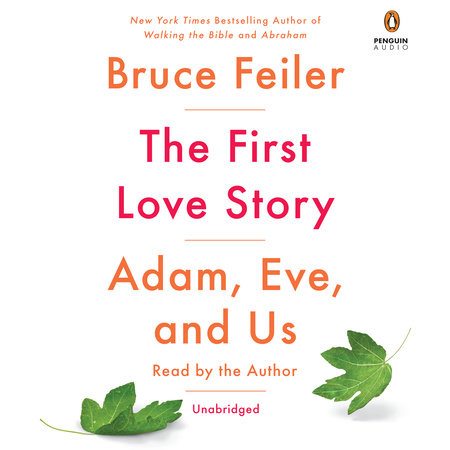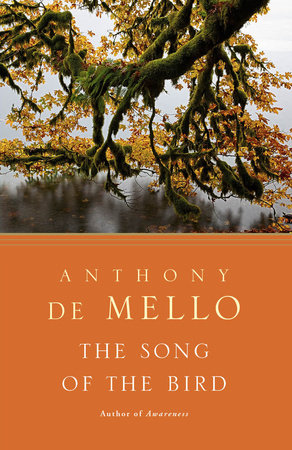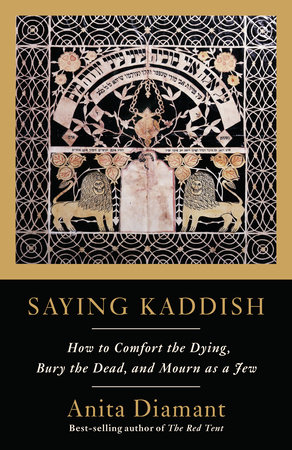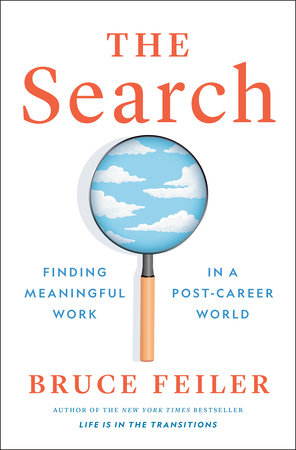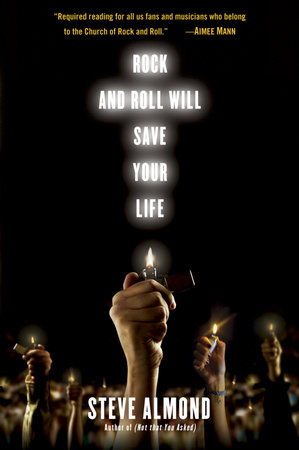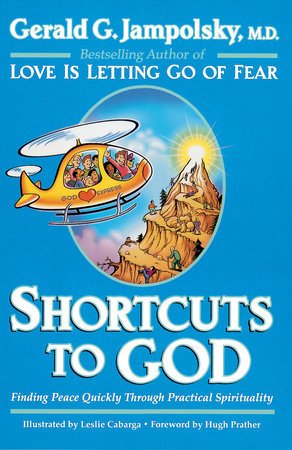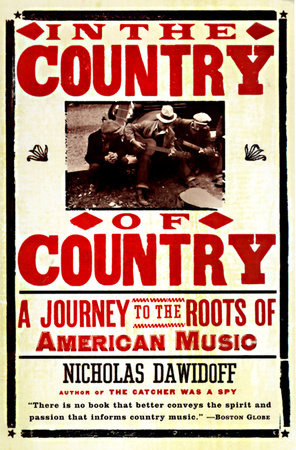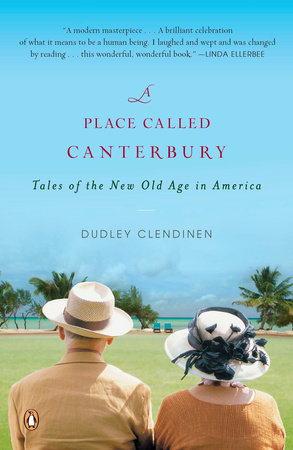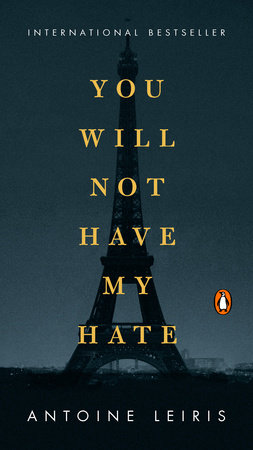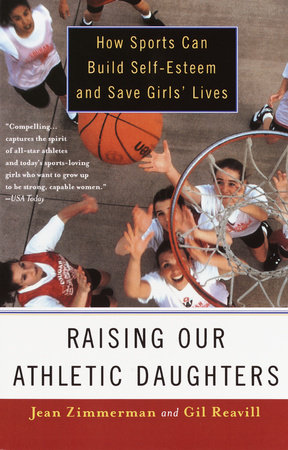What inspired you to write this book?
The conversation around my dinner table! I live surrounded by women. I have adolescent daughters. I have a working wife. And like everyone else, I’m just terribly confused about what the rules are for how men and women relate to each other these days. I’ve spent the last decade trying to figure this out—in my New York Times column, in my last two books, etc. I’ve basically been asking the questions: How do modern families work best, and what are the guidelines for successful relationships?
Then, about four years ago, we were on a trip to Rome and I had the brilliant idea to take my sleep-deprived daughters to the Vatican. See some art! It didn’t go well. “My feet hurt! This is boooring!” Finally we made it to the Sistine Chapel. “Look up!” I said. One of my girls glanced at the image of Adam and God and said, “Why is there only a man?” Then her sister pointed out something I’d never seen before. “Is that Eve under God’s arm?”
And that’s when it hit me. Since antiquity, one story has stood at the center of every conversation about men and women. One couple has been the battleground for human relationships and sexual identity. That couple is Adam and Eve. If I wanted to understand how we got here and where we’re going, I had to understand them. Specifically I wanted to know: What can history’s first couple teach us about relationships today? Can they be the role models we’re looking for?
But no one thinks of them as a love story. Were you worried about that?
No one thinks of them at all! Adam and Eve are the basically forgotten patriarch and matriarch of the Bible. People either dismiss them as fairy tales—they’re made up; we’ve moved on. Or people dump on them for ruining life for the rest of us. Adam and Eve (but mostly Eve) have been almost universally blamed for being selfish, lustful, disgraceful, and for single-handedly bringing shame, sin, and even death into the world. It’s the biggest character assassination in the history of the world. And it’s a complete shame. If you go back and look at the story—and look at how everyone from Michelangelo to John Milton to Mary Shelley in Frankenstein to Mark Twain to Mae West looked at the story—what you discover is that the story is sending an entirely different message. It’s about connection, commitment, resilience, togetherness. It’s about love.
Wait, Frankenstein is about Adam and Eve?
Yes, who knew? I certainly didn’t. In the story, Dr. Frankenstein is God; he creates the monster, that’s Adam. And the monster is terribly lonely. He embodies that amazing line in Genesis that’s the theme of the entire story: “It’s not right for humans to be alone.” The monster even learns to speak by reading Paradise Lost, which is the first major work to depict Adam and Eve in love. So the monster goes to Frankenstein and says, “I’m Adam! Make me an Eve.”
You visit some pretty amazing places in this book: The Garden of Eden in Iraq, Jerusalem, the Galapagos. How did you decide where to travel, and what were the most startling things you learned in those places?
Unlike Walking the Bible, where I climbed Mount Ararat looking for Noah’s Ark, crossed the Red Sea, and climbed Mount Sinai, there aren’t that many places where Adam and Eve actually walked. So with this book I made a different decision: I would visit places where writers, artists, political leaders, and pioneering women grappled with the story. My favorites were 1) Michelangelo, of course. Being in the Sistine Chapel alone was one of the great experiences of my life. 2) John Milton’s home, where he wrote Paradise Lost totally blind and made Adam and Eve into a love story. 3) Seneca Falls, NY. Elizabeth Cady Stanton, who started the women’s movement with Susan B. Anthony, was almost lost to history because she defended Eve and was ousted from her community. This is an amazing story, almost entirely unknown, and will make anyone furious with the way Eve (and her defenders) have been treated over the years.
That brings up an interesting question: You mention your daughters and your wife. Do you think history’s misrepresentations of Eve have affected the way the women in your life see themselves?
Absolutely. The whole idea that women are secondary was first justified by claiming (falsely) that Eve was created from Adam’s rib. The whole idea that sexuality is dirty was first justified by claiming (falsely) that having sex got Adam and Eve kicked out of the Garden of Eden. The whole idea that women should serve men was first justified by claiming (falsely) that that was Eve’s punishment from God. We all live under the shadow of those readings even if we don’t realize it.
But here’s what’s interesting—and to me, inspiring—about what I learned. Nothing has been more aggressively, even violently, discriminatory against women than organized religion. Now that religion has become voluntary in Western society, who could blame women for running the other way. Instead, women are consistently more religious than men, are more involved in spiritual activities, and take greater responsibility for passing on values to their children. And they’ve done this just in the last thirty years or so—starting with something that seemed unimaginable: reclaiming Eve as a hero, an icon for women everywhere. This is my favorite part of The First Love Story and what I most want to tell my daughters: You get to write your own story, just as the first woman did.
How did working on this book affect your own faith?
It made me realize there’s promised love in the Bible as well as promised land. We think of the Bible as being about commandments, about ways of living your life, about land. But we don’t think of it as being about interpersonal love—and we certainly don’t think of Adam and Eve in this way. For me, recognizing that the Bible opens the story of humankind with a story of togetherness, connection, and sticking with each other through difficult times, like getting kicked out of Eden and losing your child, was really eye-opening and comforting. The story’s message is: The only thing strong enough to counter the pain of life is the reward of living life with another person. To me that makes the story more relevant to what I’m struggling with on a daily basis.
So how did this affect my own life: It taught me that the way to hold my own family together in the face of busyness, exhaustion, 24/7 social media, even my own bumbling, is to make it my priority. My phone didn’t teach me that message. The oldest love story of all taught me that lesson. And for that I’m very grateful to Adam and Eve, and willing to move them from the back of my mind where they were forgotten to the tip of my tongue where they can keep me grounded every day.
